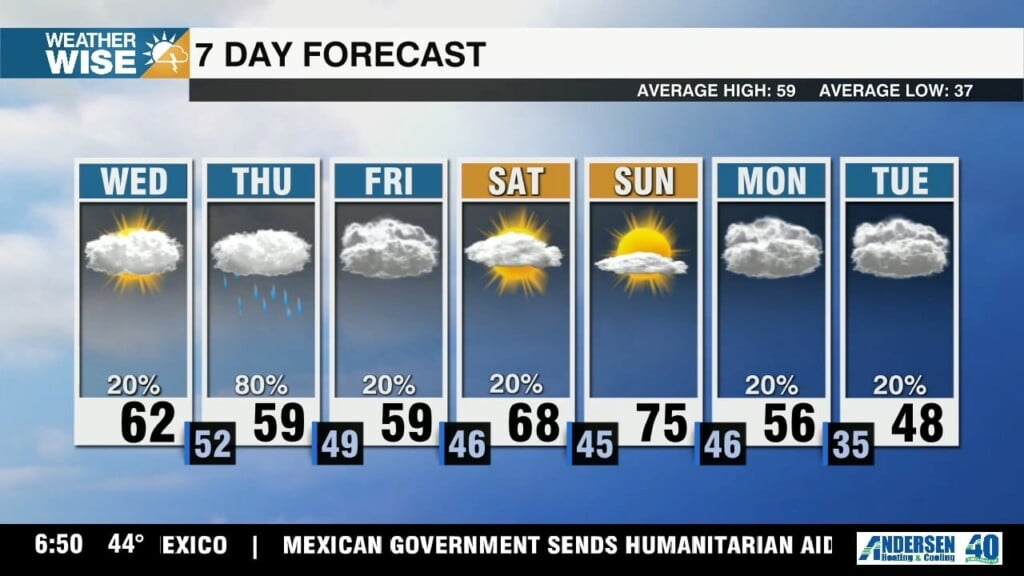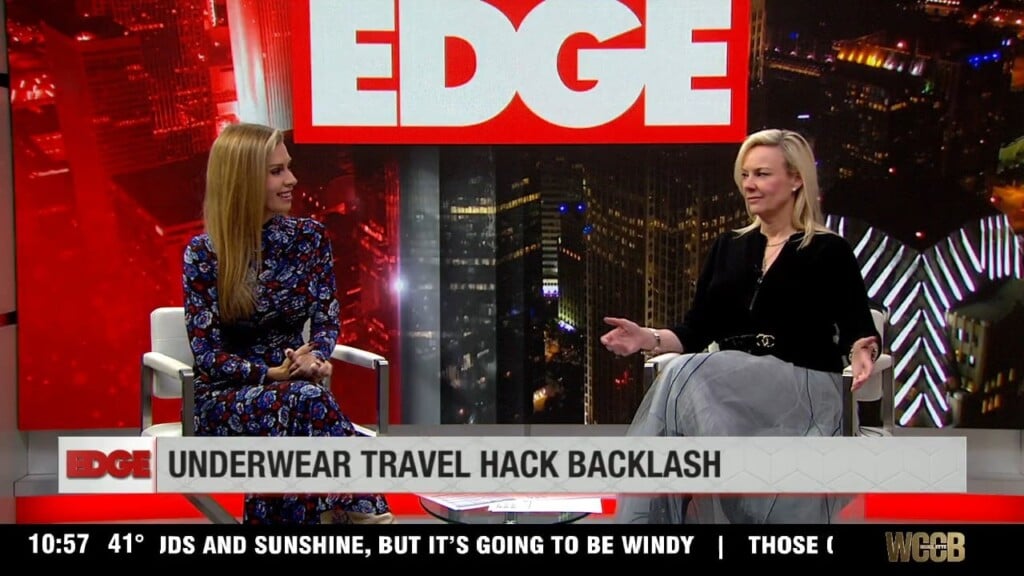WASHINGTON – President Donald Trump began levying higher import taxes on dozens of countries Thursday, just as the economic fallout of his monthslong tariff threats has begun to create visible damage for the U.S. economy.
The import taxes are at a level not seen in the U.S. in almost 100 years, with Americans expected to pay an average of 18.3% more for imported products. That’s the highest rate since 1934, according to the Budget Lab at Yale, a nonpartisan policy research center.
Despite the uncertainty, the Trump White House is confident businesses will ramp up new investments and jump-start hiring in ways that can rebalance the U.S. economy as a manufacturing power. But so far, there are signs of self-inflicted wounds to America as companies and consumers alike brace for the impact of new taxes.
Just after midnight, goods from more than 60 countries and the European Union became subject to tariff rates of 10% or higher. Products from the EU, Japan and South Korea are taxed at 15%, while imports from Taiwan, Vietnam and Bangladesh are taxed at 20%. Trump also expects the EU, Japan and South Korea to invest hundreds of billions of dollars in the United States.
“I think the growth is going to be unprecedented,” Trump said Wednesday. He said the U.S. was “taking in hundreds of billions of dollars in tariffs,” but did not provide a specific figure for revenues because “we don’t even know what the final number is” regarding the rates.
Trump has promoted the tariffs as a way to reduce America’s persistent trade deficit. But importers tried to avoid the taxes by bringing in more goods before the tariffs took effect. As a result, the $582.7 billion trade imbalance for the first half of the year was 38% higher than in 2024. Total construction spending has dropped 2.9% over the past year.
The economic pain is not confined to the U.S.
Germany, which sends 10% of its exports to the U.S. market, saw industrial production sag 1.9% in June as Trump’s earlier rounds of tariffs took hold. “The new tariffs will clearly weigh on economic growth,” said Carsten Brzeski, global chief of macro for ING bank.




